
I believe that we benefit from having principles by which we judge our parenting decisions. In fact, I think there are 5 questions we can ask ourselves that can serve as guideposts in every parenting or homeschooling choice we make. By asking ourselves the following, we can help ensure that our families will remain on a wise, godly, discerning parenting path.

5 Parenting Questions to Ask Yourself
I had the opportunity to talk to moms about homeschooling tips and ideas for difficult days. I included these five questions–and a whole lot more. If you have a few minutes, grab a cup of coffee and hang out while we talk about setting yourself up for homeschooling–and parenting–success!

Grab your FREE Bible Study Tool Kit–over 130 pages of Bible resources for your family!
Parenting Questions that Matter
There are some parenting questions that really matter. Here are five you want to ask yourself before making important decisions.
1. What is biblical in this situation?
The Bible is full of wise counsel. More importantly, the Bible is the Word of God. If my parenting decisions don’t square with Scripture, I’m off-base.
I can search God’s Word to discern his will in many issues: financial stewardship, character issues, parent-child relationships, purity, modesty, and more.
I know, for example, that a child who refuses (out of rebellion) to work on his or her schoolwork is displaying several major character issues: laziness, disobedience, and foolishness. Just a cursory reading of Proverbs makes it clear to me that these behaviors are not going to serve my child well in the future.

2. What would glorify the Lord?
When I know what is biblical, I can take a good hard look at where I’m headed and how I’m getting there. I can determine how to cope with my current situation in a way that will glorify Christ.
In the above example, it is clear to me that ignoring my child’s disobedience and sloth is not honoring to the Lord.
I know, also, that responding to my child in anger–with threats, silence, or a nasty attitude–isn’t going to glorify God.
The question then becomes: how can I best glorify the Lord in this situation? How can I reach my child’s heart, develop clear expectations, and enforce boundaries while still communicating grace, mercy and forgiveness?
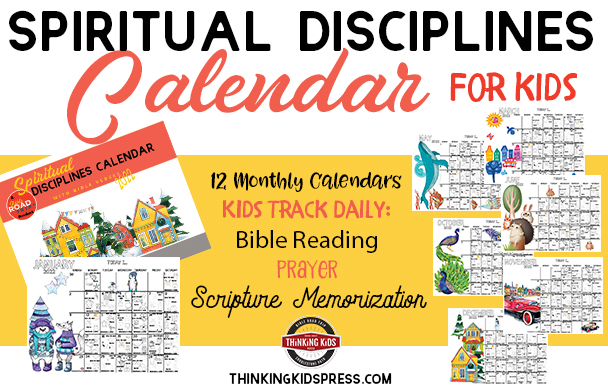
3. What will help my child become an accountable adult?
My job as a parent has never been to make my child’s life as comfortable, free and luxurious as possible. I certainly want the best for my children, but my goal is to help my kids develop into responsible adults. Every decision my husband and I face must be made with the end result in mind.
How can we best prepare our children for the years ahead, in which they will live out their adult lives?
With a child who refuses to do his assigned work–be it housework or schoolwork–my focus must be on raising an adult.
It is always wise to examine the burden we’ve placed on our kids, lest we exasperate them. It is wise to determine if there is a developmental issue involved. However, if I’ve deemed the workload to be acceptable and my child is capable of doing the work, I must look down the road. Adults who are unwilling to respect authority encounter many difficulties in life. Slothful, disrespectful grown-ups who refuse to work are not fit for work of any kind. The manager at your local McDonald’s is looking for a willing worker who suits up and shows up.

4. What works in our family situation?
This is an important question. Every family is different, and every marriage is composed of two people.
If I decide on a parenting or homeschooling path that is at odds with my family, I’m either going to be miserable, or I’m going to fail. I want to pick a solution that fits with our family values, goals and lifestyle. My parenting decision needs to be something that benefits all members of the family.
If I have a second-grade child who is refusing to do reasonable schoolwork, I may sit him down with one assignment he’s capable of completing (such as copywork, a math page, or a reading assignment), explain my expectations, offer to help when necessary, smile at him, and ask him to let me know when he’s done. He may sit at the dining room table for 6 hours before he finally submits out of pure boredom.
If I’ve been loving, kind, and gentle with him (not attempting to compel his obedience with emotion), and I’ve allowed him reasonable breaks, meals and snacks, then I believe I have been honorable. If, however, my family has a child with health issues, and we frequently spend our days at the doctor’s or the hospital, this strategy is unlikely to work out for us. We would need to work out another solution.

5. What will help this particular child head in the direction he should go?
My last consideration is my individual child. Prioritizing this question as last doesn’t mean my child is unimportant. It just means that before considering his God-given bent, I’m going to think about what is biblical in this situation, how I can best glorify the Lord, how I can help my child become an accountable adult, and our family situation. Then, I can work a solution for my child into that framework.
If my husband and I decide on a solution outside of that framework, we know we’ve decided to sacrifice something important. For me, the first two questions are non-negotiable. But, I also want to consider the unique gifts, skills, and desires God has given each of my children.
I want to raise them in the way they should go–not in the way that is most convenient for me.
If my child is 16 years old, refusing to do schoolwork and I’ve run the gamut of possible solutions, it is probably time consider what is best for my soon-to-be adult. I may try to make the point that a man who won’t work can’t eat in a softer, gentler way by ceasing to supply clothing, toiletries and entertainment for my child. I may wait this strategy out until my child either does schoolwork or seeks a job. I may then help my child consider the future–how will he live, and how will he fund that lifestyle? What is he good at? Is technical training an option?

As the parents of four kids (two of whom have been raised for quite some time), these are the questions my husband and I ask myself when we face a decision.
There are no easy answers for some questions. You may need to take this list of questions to a trusted and wise advisor–a pastor, close couple, or a biblical counselor. There have certainly been times when we’ve sought another perspective.
The situation above (a child who refuses to obey and do schoolwork) is negative, and I kind of took it to the worst case scenario. Education is a non-negotiable in our home, and we have gone to the mat over it once or twice. However, we’ve found that these questions work well for positive parenting situations as well.
We want to be intentional in raising thinking kids. We want to live biblically, and honor the Lord in every decision.
Bible Resources for Your Kids
Learn More HereLearn More HereLearn More HereLearn More HereLearn More HereLearn More Here
Help Your Kids Learn and Love the Bible
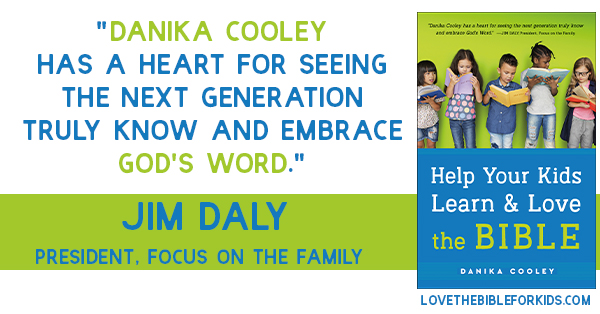
You want your kids to learn and love the Bible.
You want to teach the Bible…
As parents, we deeply desire the best for our kids. We look for the right schools, we make them eat right and exercise, and we get them involved in extracurricular activities. We take our job as parents seriously.
But are we also putting our time and energy into
teaching them the Bible? Giving them the life-changing, soul-nourishing words of Scripture is not only doable, it’s an essential part of parenting kids for Jesus. And the good news is, studying God’s Word as a family doesn’t have to be difficult!
2 Timothy 2:15, ESV, says:
Do your best to present yourself to God as one approved,
a worker who has no need to be ashamed, rightly handling the word of truth.
Our job, as parents who love Jesus, is to help our kids become approved workers, unashamed and rightly handling the word of truth.
The good news? Teaching the Bible isn’t hard. Your family can learn the Bible together.
…and you can!
A Crash Course in Teaching the Bible to Your Kids
Danika Cooley’s book, Help Your Kids Learn and Love the Bible, will give you the tools and confidence to study the Bible as a family. It will help you identify and overcome your objections and fears, give you a crash course in what the Bible is all about and how to teach it, and provide the guidance you need to set up a family Bible study habit.
You will finish this book feeling encouraged and empowered to initiate and strengthen your child’s relationship with the Lord through His Word.

Help Your Kids Learn and Love the Bible will equip you with everything you need to know to teach the Bible to your kids!
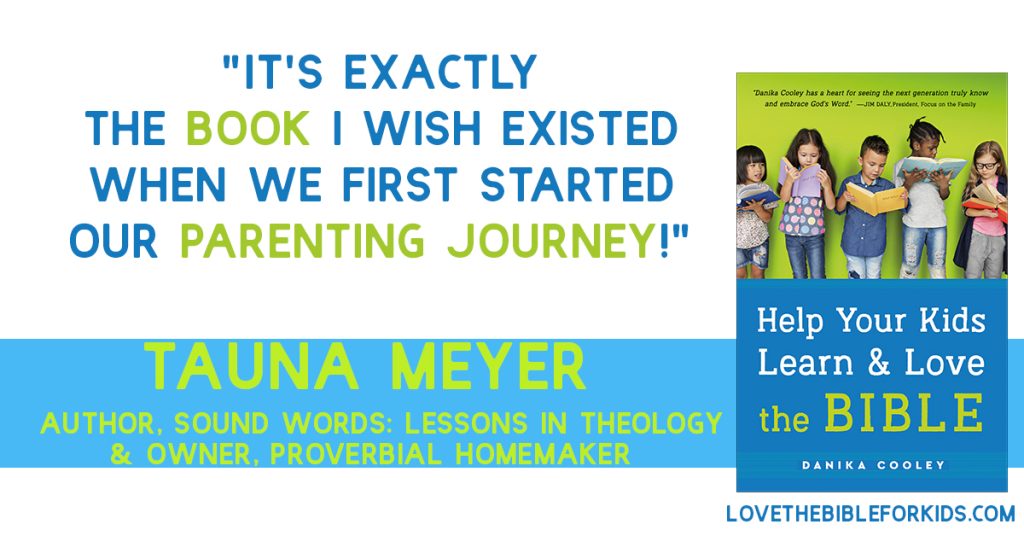

Grab the autographed Reformation Family Bundle!
Thinking Kids Posts You’ll Love

Join the newsletter

Get the Family Prayer Box Project FREE!
Teach your children to pray with this fun project that includes 7 printable sets!



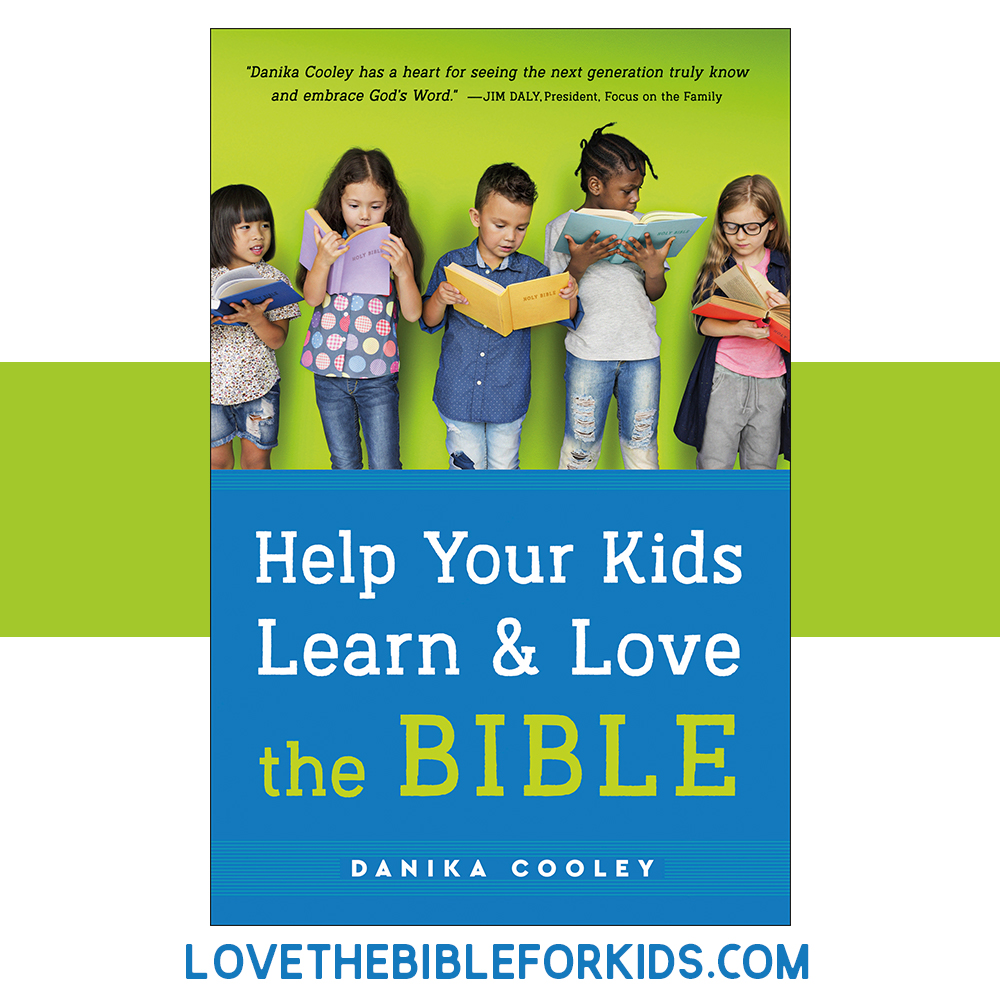
















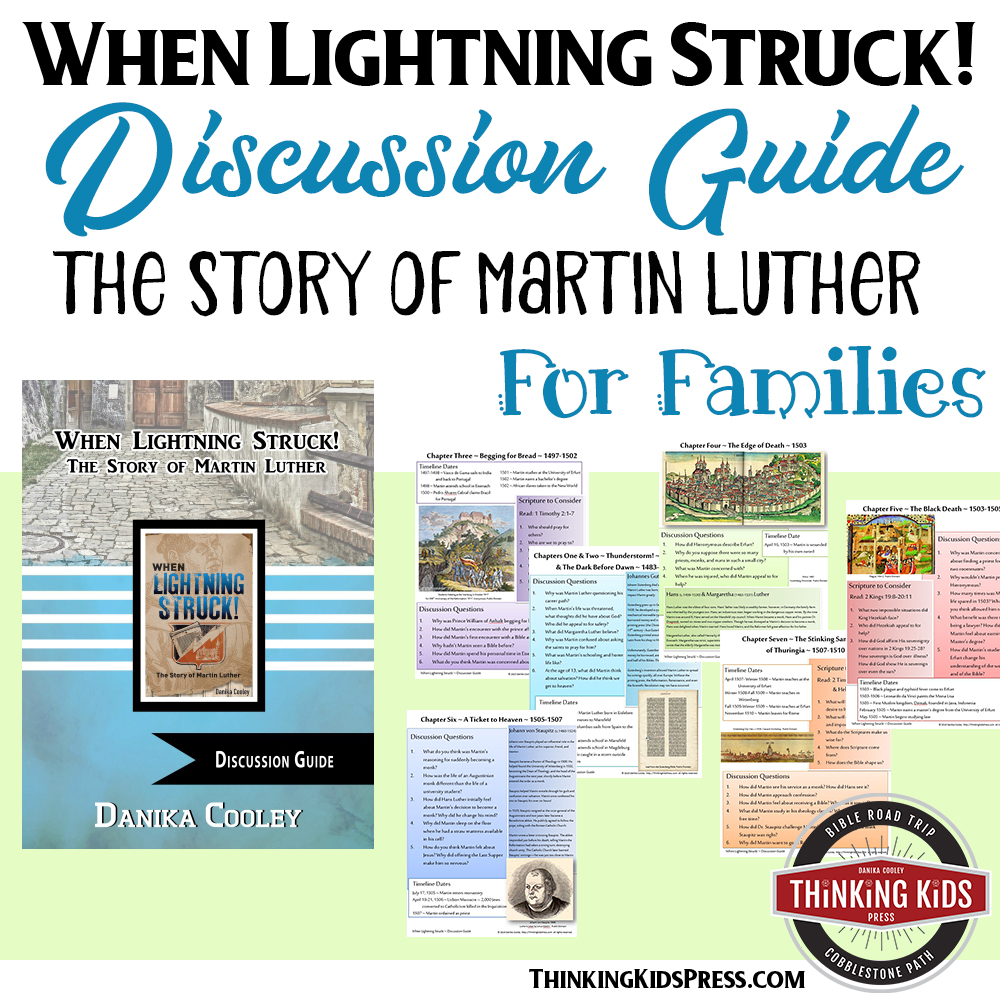


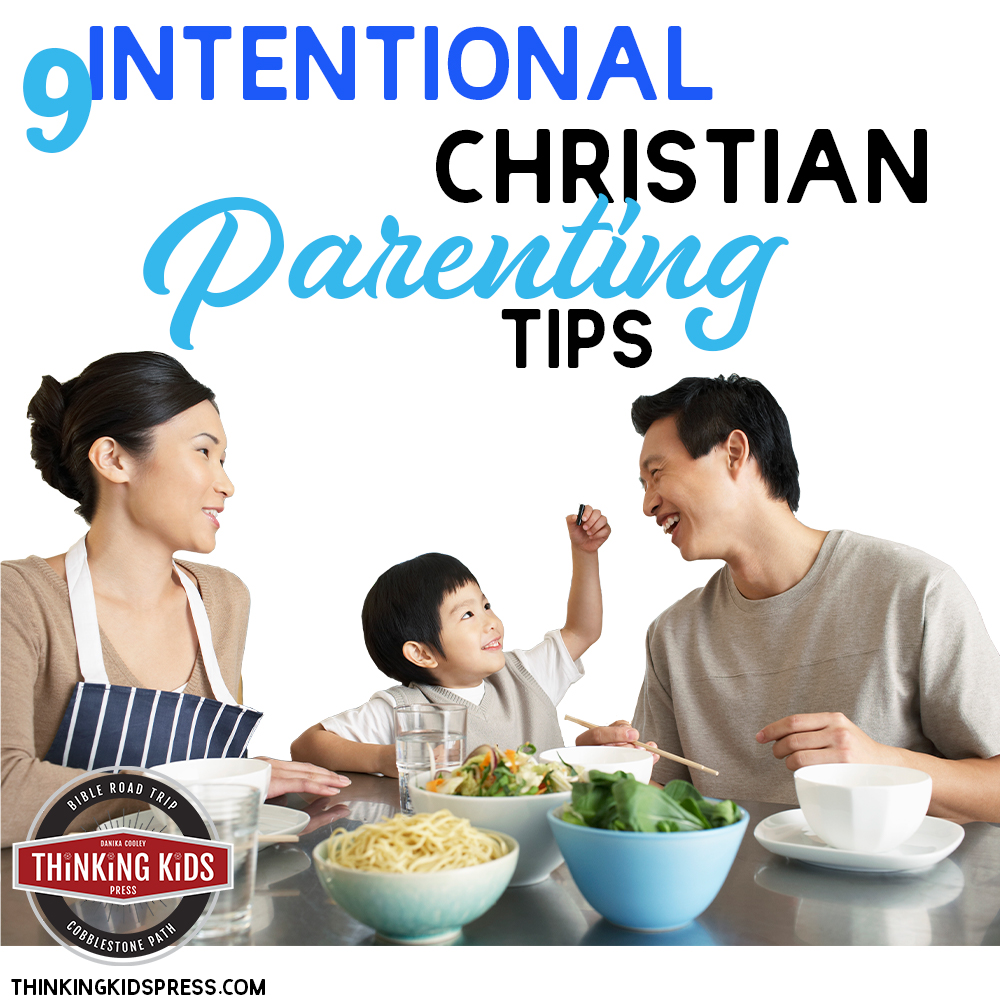









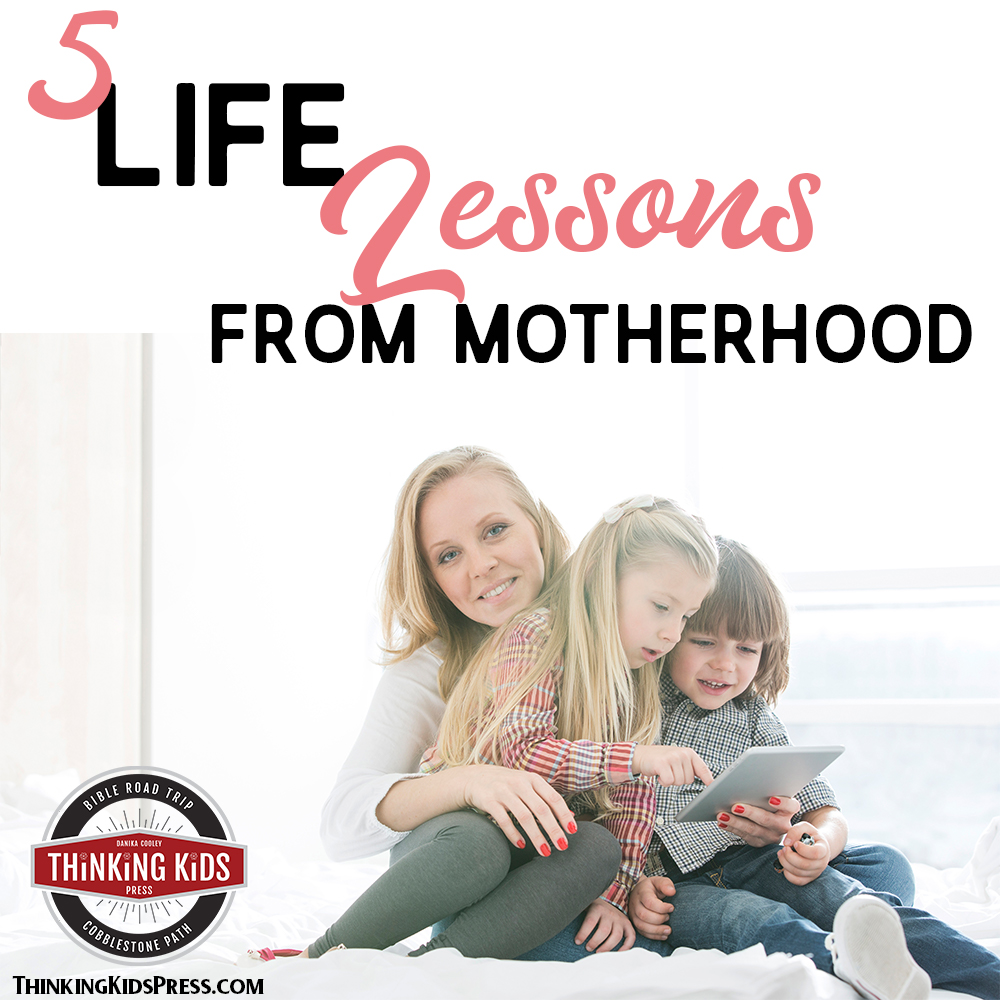














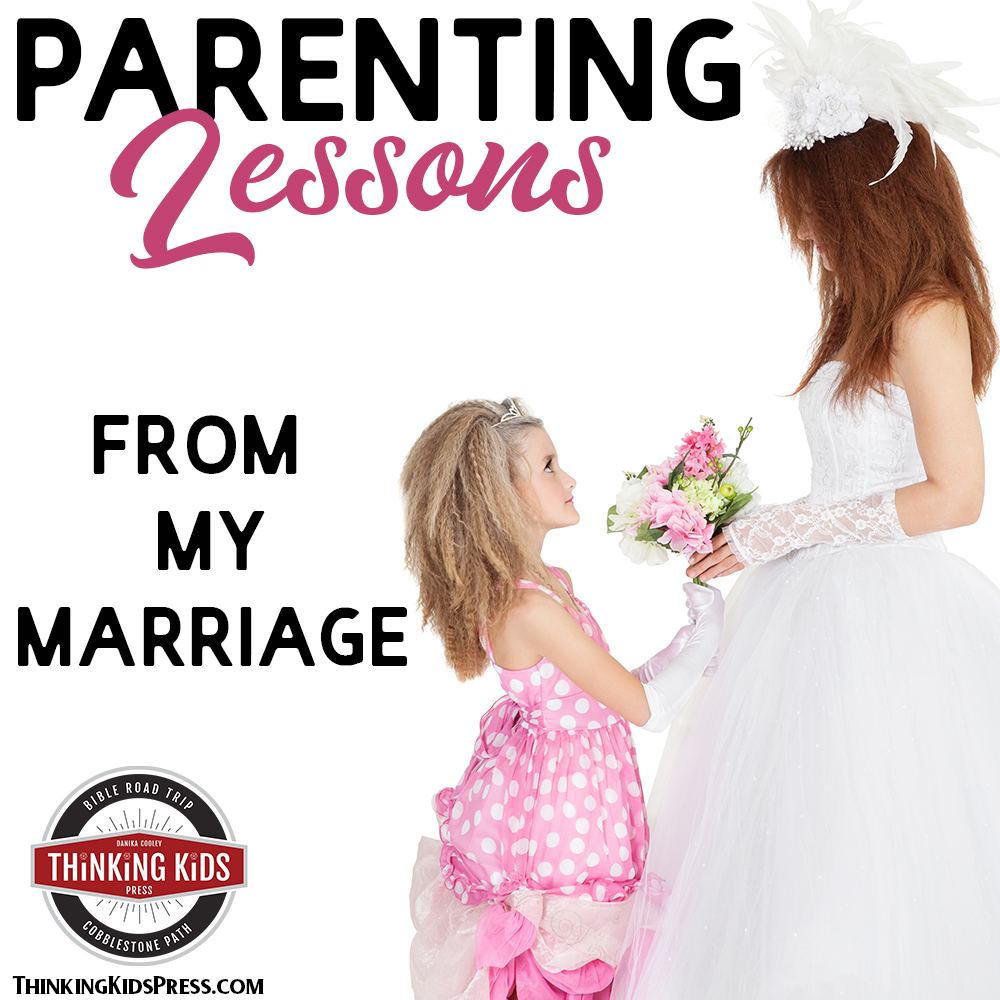





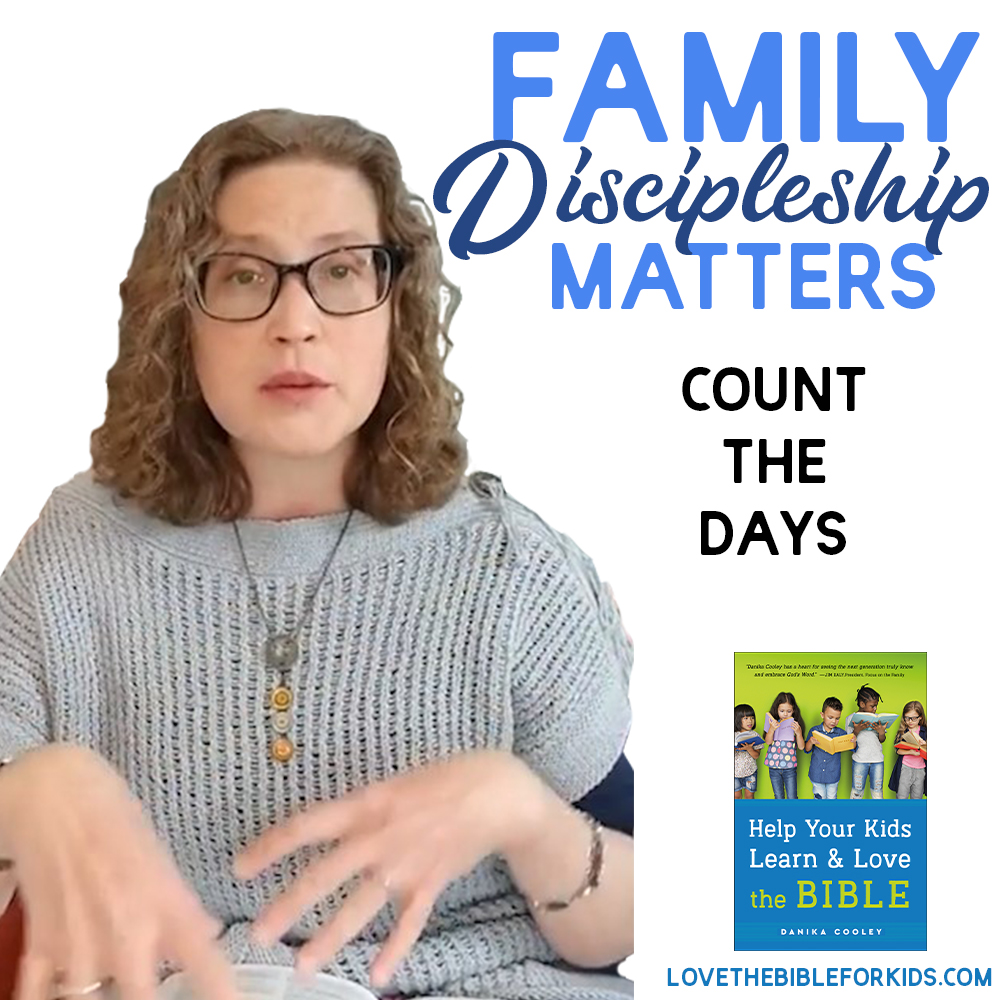


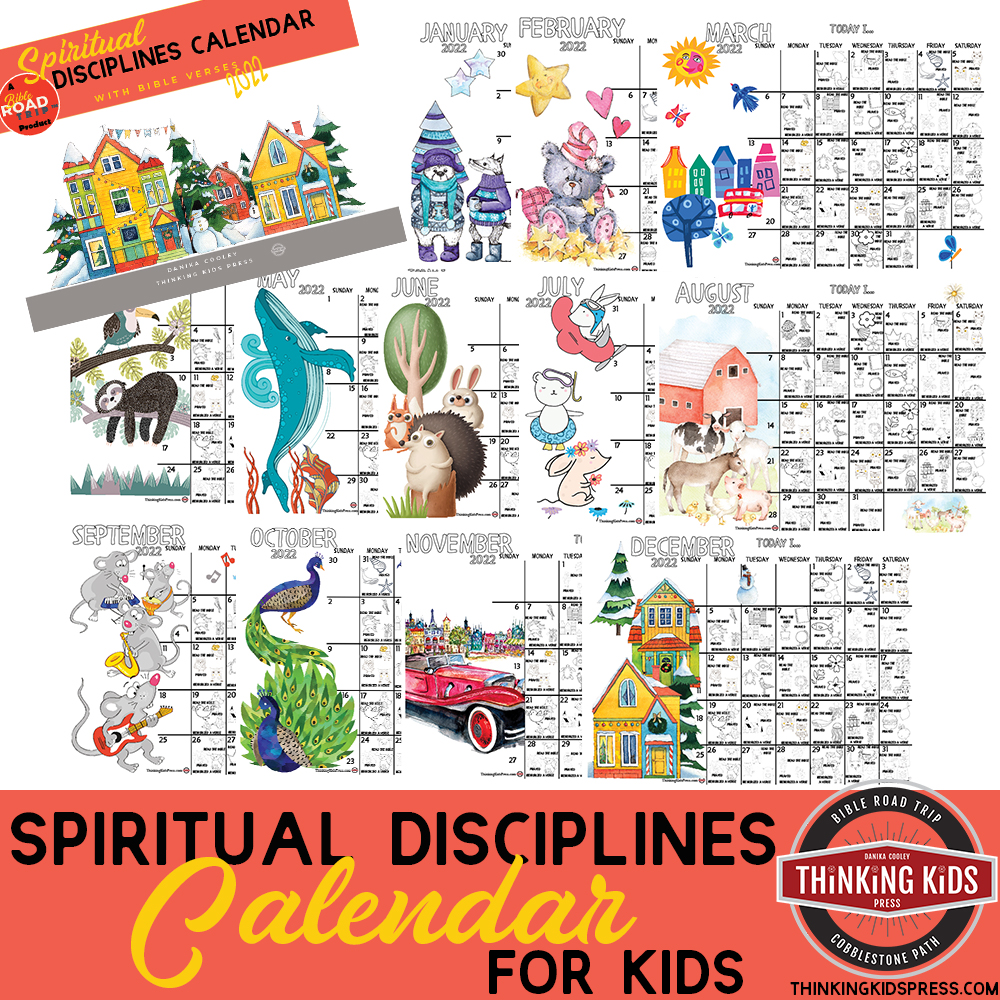




















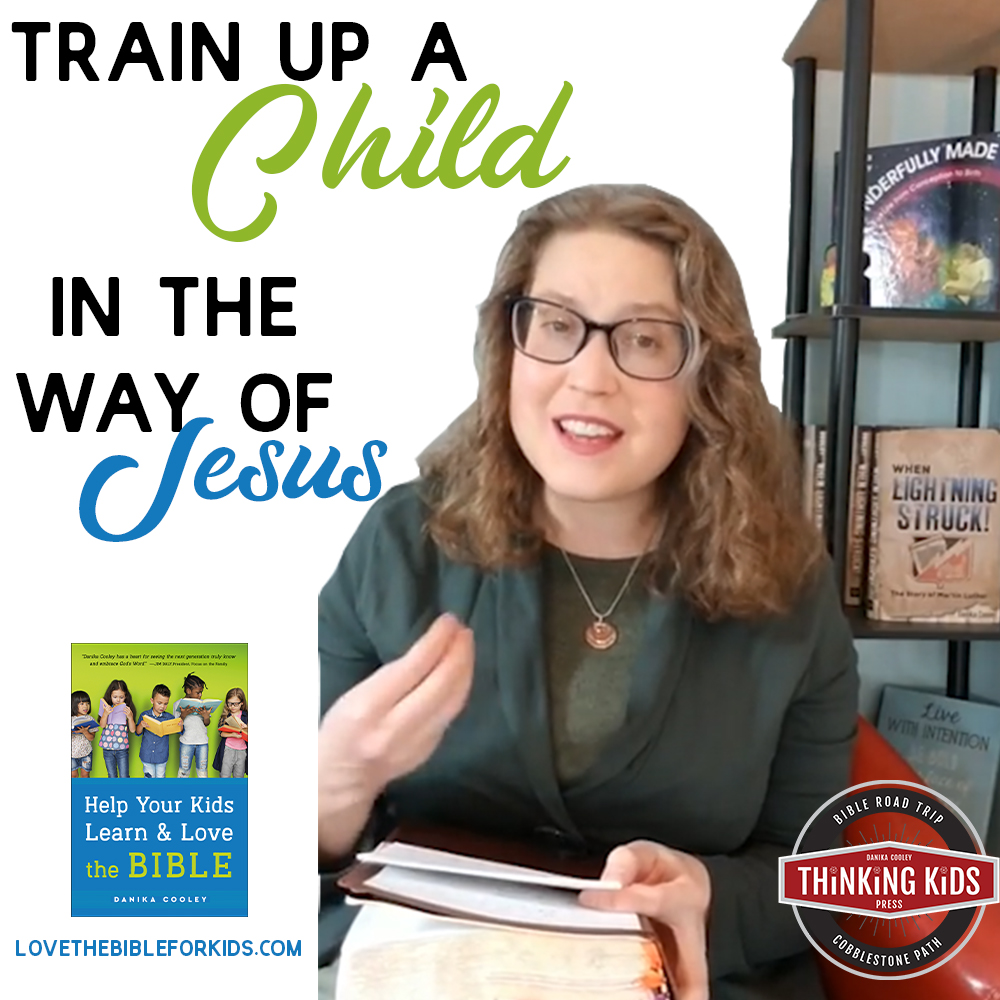





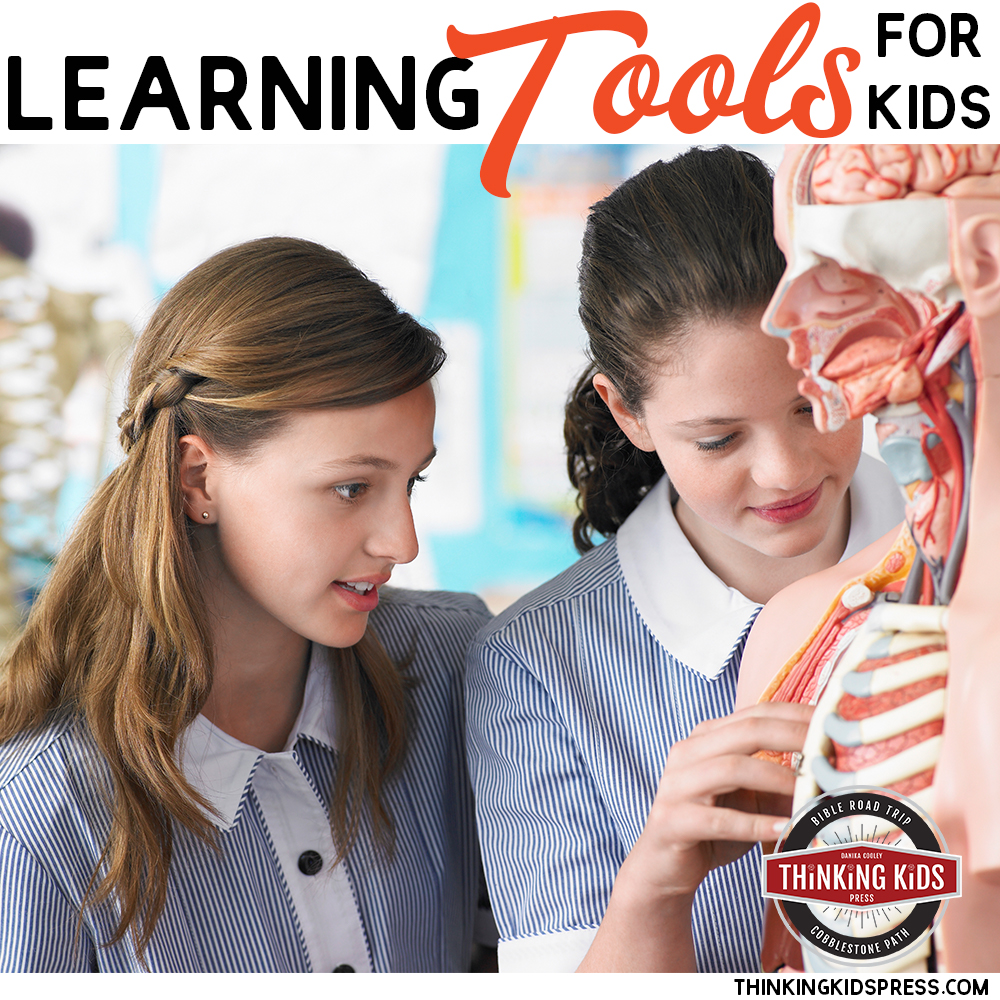























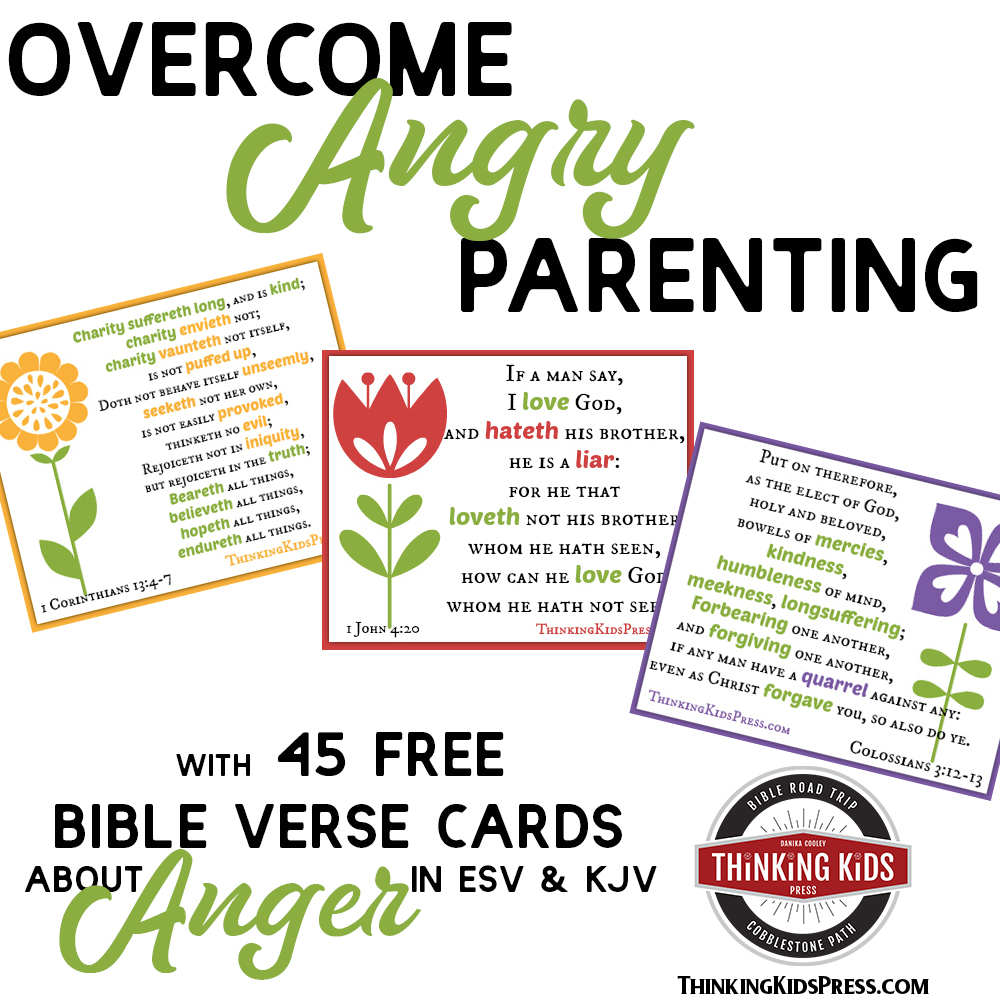
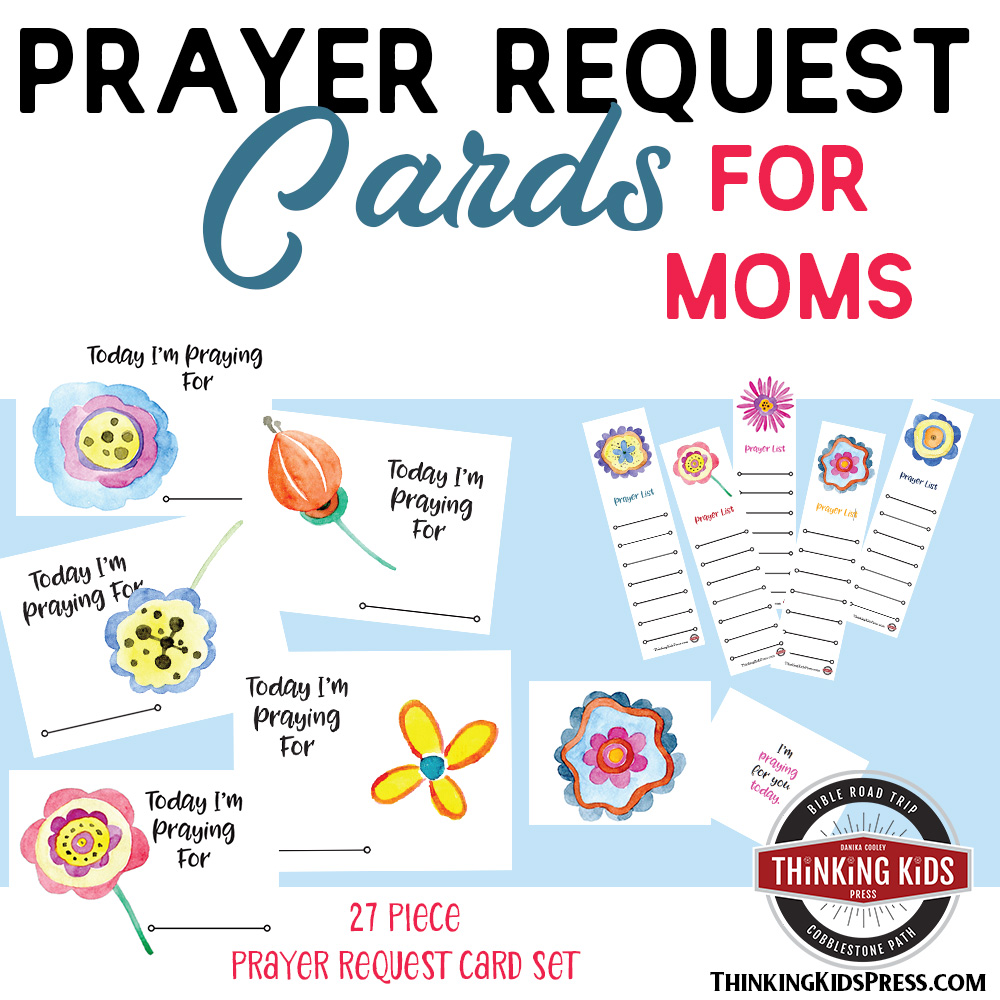

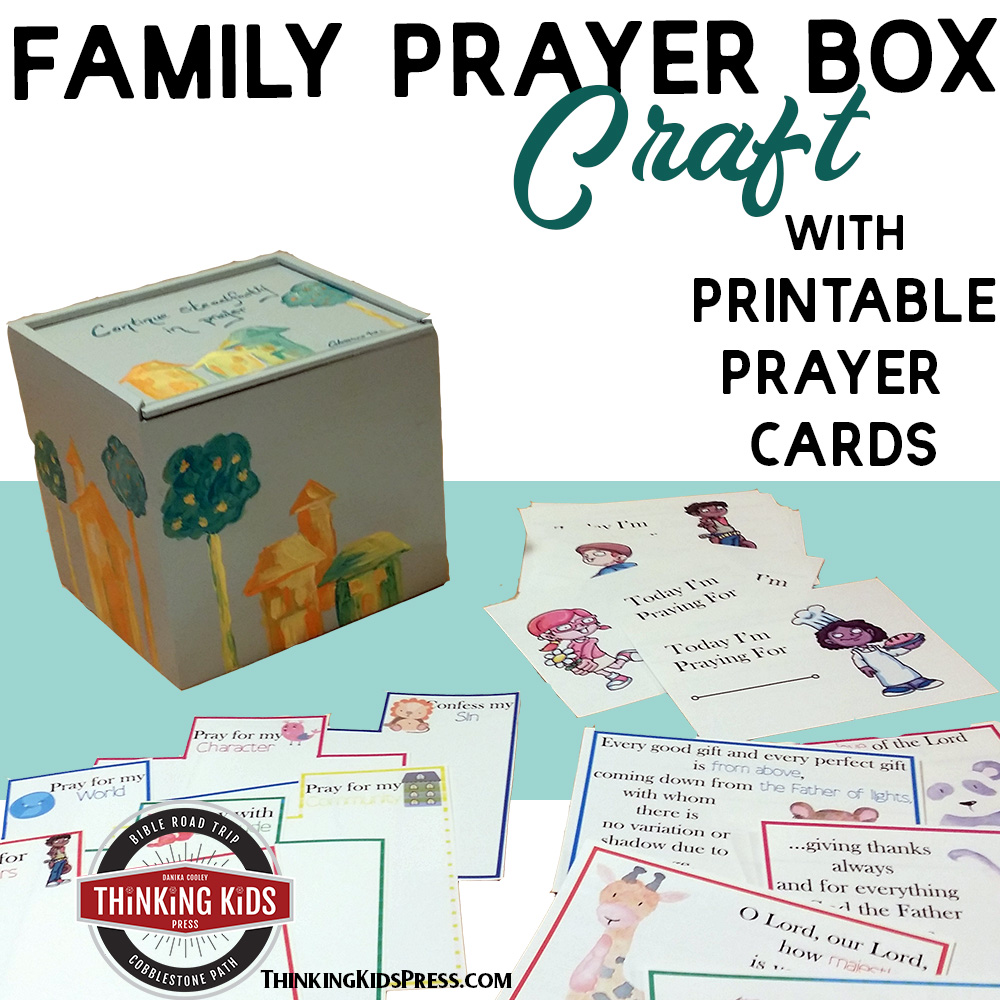








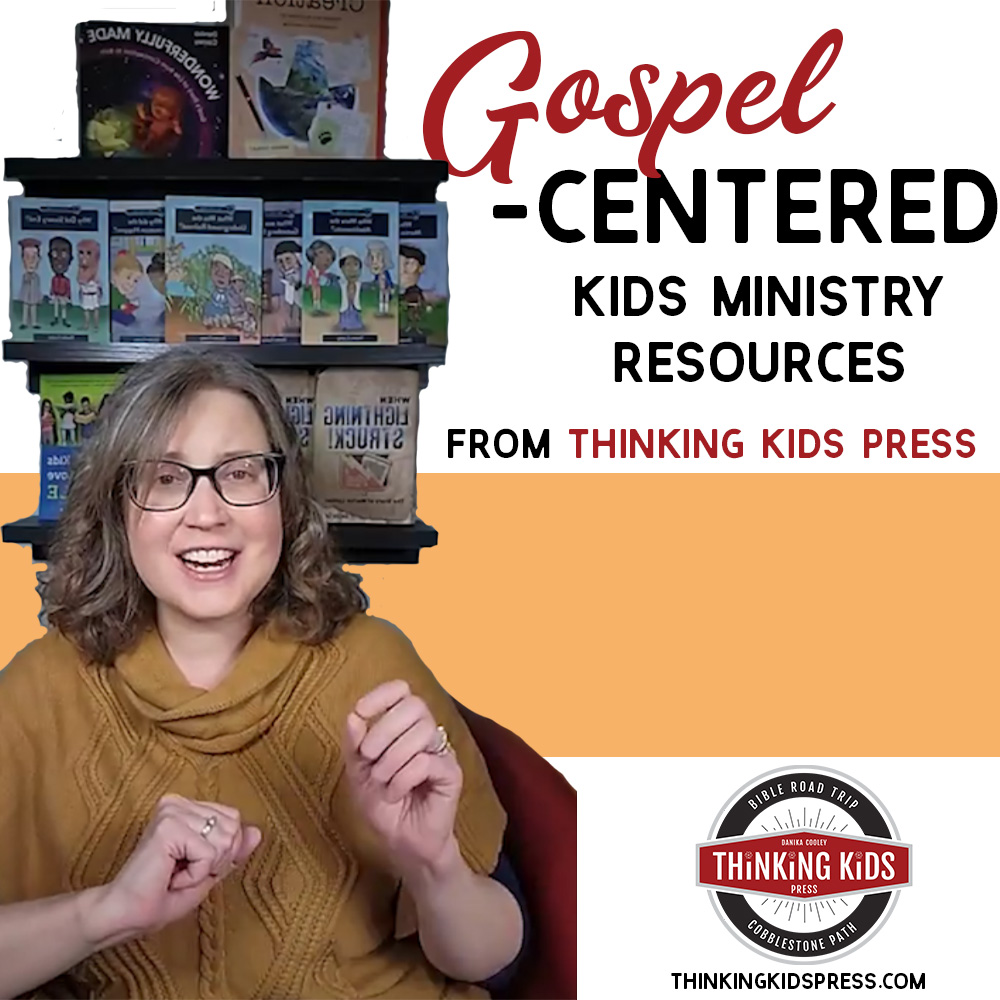




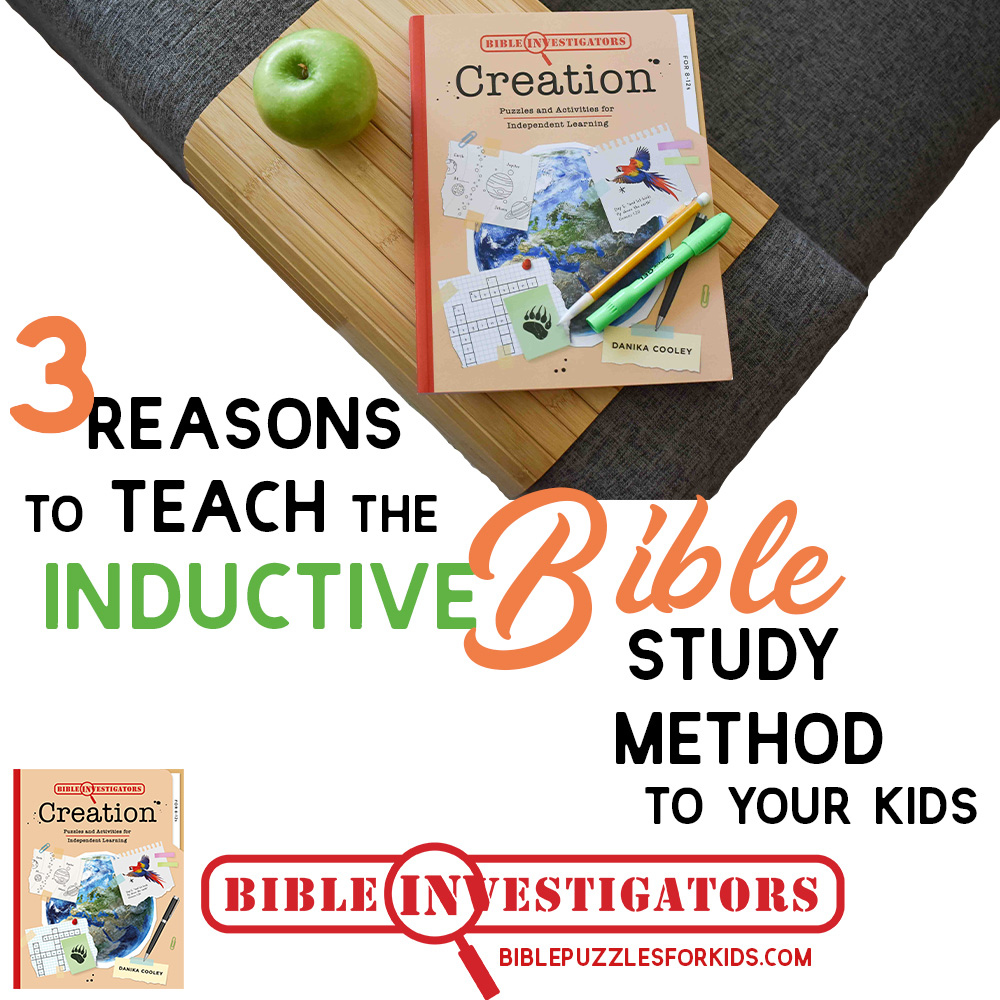


These are some great questions to ask.
I was thinking as I was reading point 1 that those could be things going on in their little hearts. Some conflict in themselves is making them respond in a less gracious manner. Heart issues can take time and prayer to get to the bottom of.
Enjoyed the article. Good stuff.